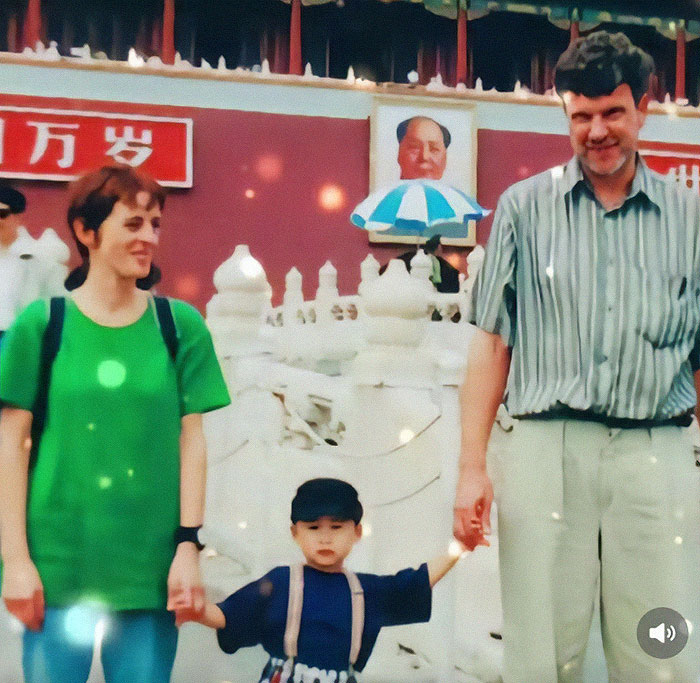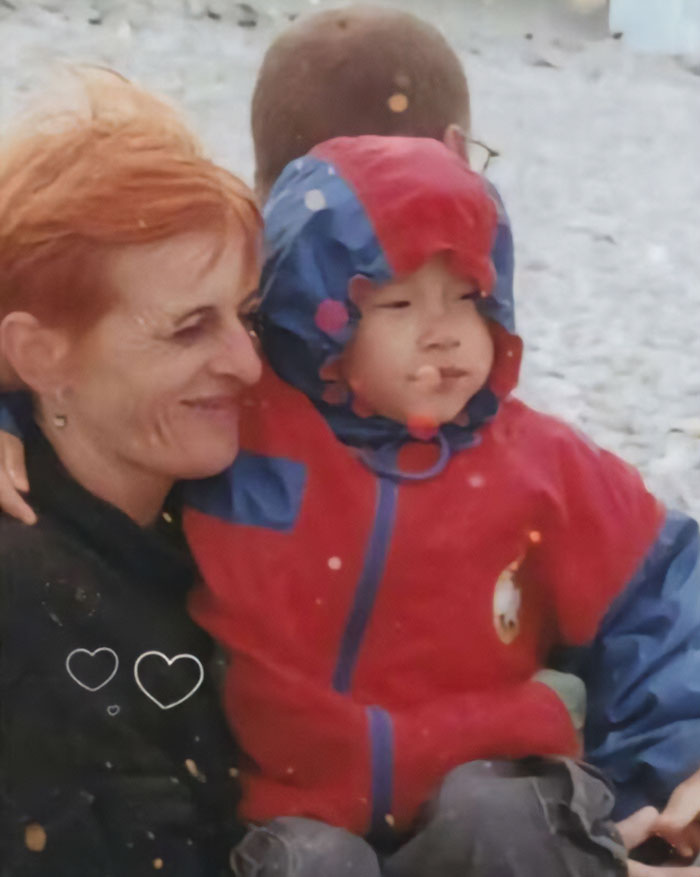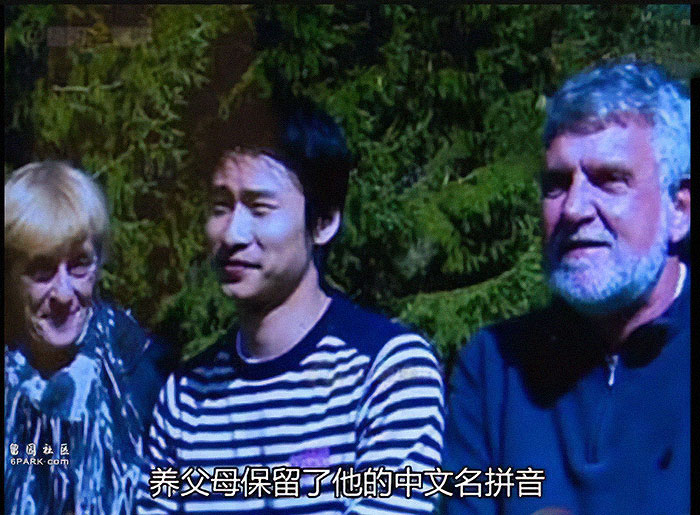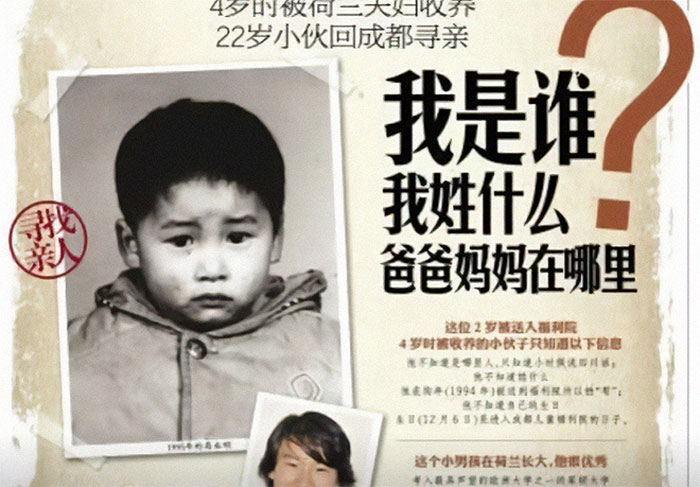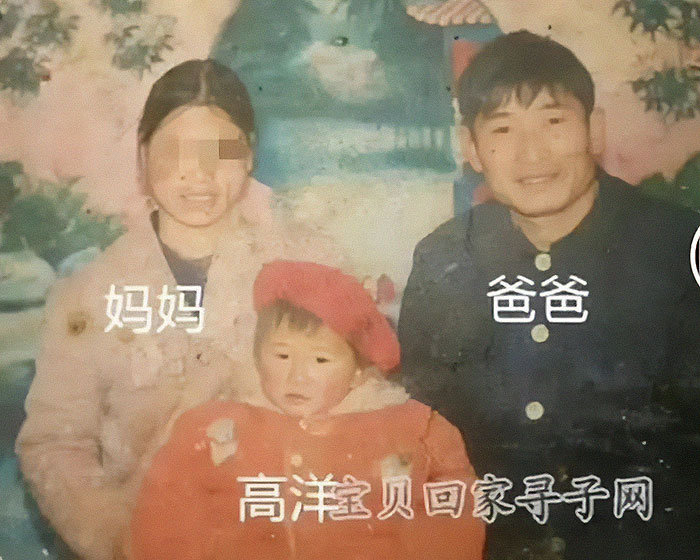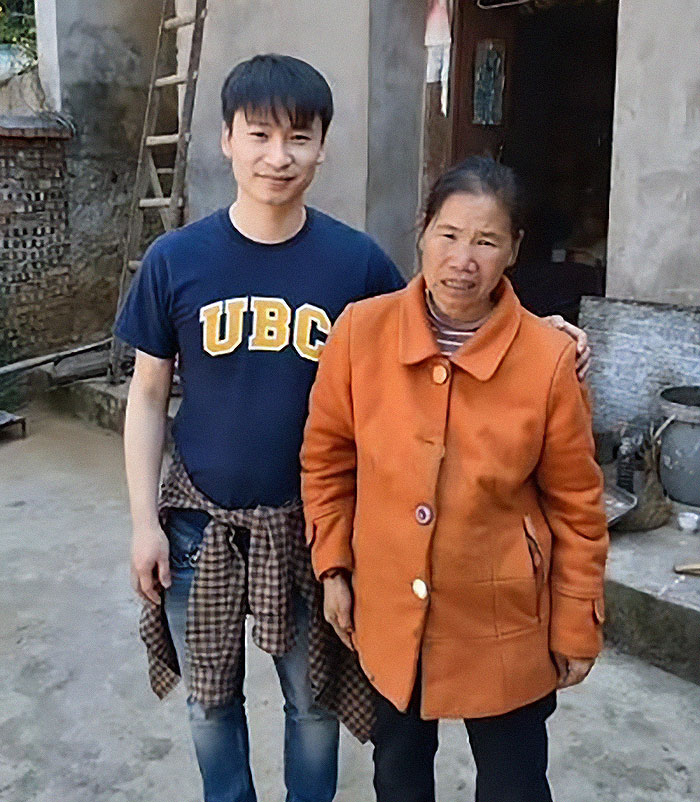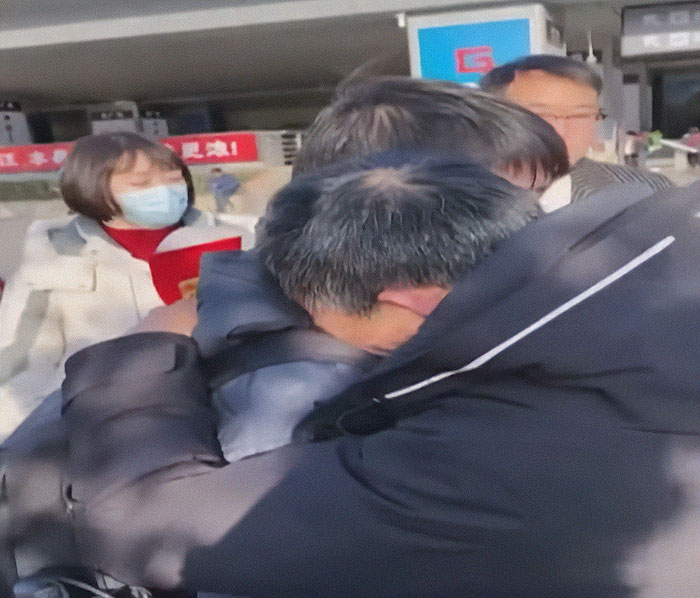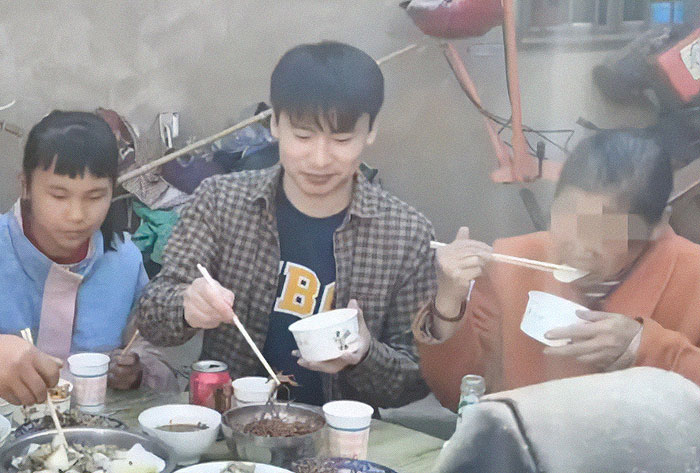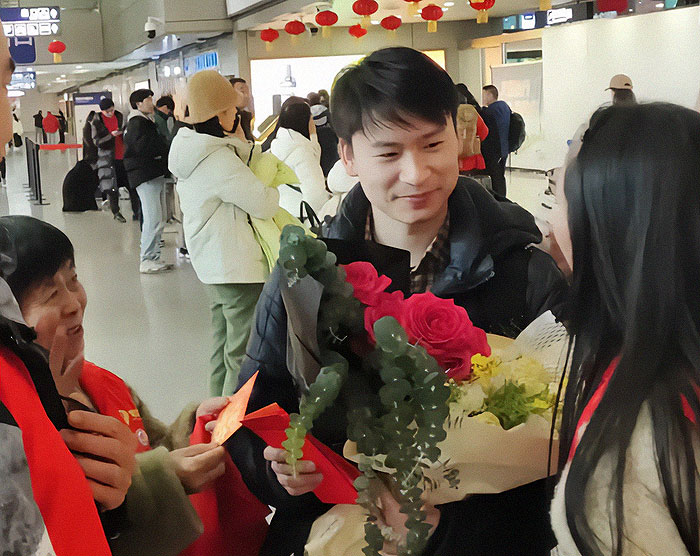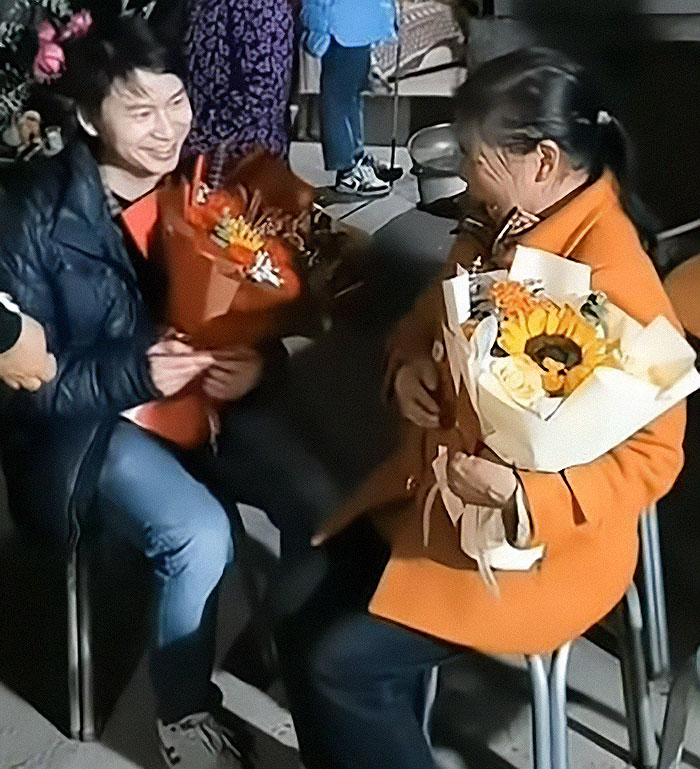Gouming Martens got lost while traveling with his birth parents from their home in eastern China’s Jiangsu province to his mother’s hometown in southwestern Sichuan province at the age of three in 1994, The South China Morning Post (SCMP) reported on Monday (July 1). Kind-hearted people reportedly sent Gouming to an orphanage, and he was subsequently adopted by a couple from the Netherlands, Jozef and Maria Martens, in 1996. It is Jozef and Maria who named the then-supposed orphan Gouming after the name given to him by the orphanage, Gou Yongming, so he would remember where he came from, as per The SCMP.
Almost three decades after getting lost as a three-year-old boy, Gouming Martens finally found his birth parents
Share icon Image credits: 第五情報站 Share icon Image credits: 来源: 最人物纪账号 With the support of the Dutch adoptive parents, Gouming spent the last 12 years looking for his birth family. In 2007, the Martens returned to China together to look for clues, but the orphanage was gone, The SCMP reported. Gouming reportedly spent five years relearning the Mandarin language he had forgotten and did part-time work to pay for three trips to China during his university years.
Gouming got lost while traveling with his birth parents from their home in eastern China’s Jiangsu province in 1994
Share icon Image credits: 来源: 最人物纪账号 Share icon Image credits: 来源: 最人物纪账号 According to The SCMP, Gouming also registered with Baobeihuijia, Baby Come Home, a volunteer operation dedicated to helping people find lost family in 2012, and he looked for his birth parents with the help of volunteers. Good news reportedly arrived in October last year when volunteers told Gouming his DNA matched with his birth mother, Wen Xurong. As it turns out, Wen and Gouming’s birth father, Gao Xianjun, had never stopped looking for the child they knew as Gao Yang, The SCMP reported.
He was subsequently adopted by a couple from the Netherlands, Jozef and Maria Martens, in 1996
Share icon Image credits: 来源: 最人物纪账号 Share icon Image credits: 来源: 最人物纪账号 In 1994, Gao (Senior) first lost sight of Wen at a railway station. He then got startled by a bunch of hooligans while searching for his wife and lost then-named Gao Yang, according to the Hong Kong-based English-language newspaper. It is claimed that a man described as a “tramp” tricked Wen into going home with him, forcing her to have a son with him. The man, who has not been identified, subsequently abandoned Wen after she gave birth.
With the support of his Dutch adoptive parents, Gouming spent the last 12 years looking for his birth family
Share icon Image credits: 来源: 最人物纪账号 The mom-of-two, who ended up a mom-of-one, returned to her hometown in Sichuan but reportedly suffered from mental illness. She then remarried and had a daughter. Gao (Senior) reportedly walked all the way from Sichuan to 1,700km away from Jiangsu province, begging for food and searching desperately for Gao Yang. He died in 2009. In 2017, Gao (Senior)’s brother got in touch with Wen and asked her to register her DNA with the police and post her son’s information on Baobeihuijia, The SCMP reported. Share icon Image credits: 第五情報站 According to a volunteer, it was impossible to match Gouming and his mother’s DNA in the database, as it required both parents’ DNA data to make a match. Nevertheless, they eventually matched after volunteers collected a handful of information and sent their blood samples for a DNA test. By happy coincidence, the day volunteers told Gouming about the success of his 12-year search was his real birthday, October 12 on the Chinese agricultural calendar, as per The SCMP.
Gouming registered with Baobeihuijia, Baby Come Home, a volunteer operation dedicated to helping people find lost family
Share icon Image credits: 第五情報站 Despite Gouming’s adoptive mother, Maria, dying shortly before the good news reached them, Jozef expressed happiness for his son. The McGill University linguistics graduate went on to reunite with Wen and his half-siblings in Sichuan, southwestern China, in February during the Spring Festival holiday. Wen, who suffered from a mental disorder, appeared to be fine when she saw Gouming. She reportedly kept calling his nickname, Yangyang, and she asked: “Where have you been?” Share icon Image credits: 第五情報站 Gouming visited his father’s grave in Jiangsu, and he met his uncles and aunts. His uncle handed him the compensation for his father’s house demolition, which he had been saving for him for more than a decade, The SCMP reported. The persistent investigator, who now works in Canada as an AI speech recognition expert, said: “I knew they were looking for me, waiting for me to come home.” Reunions between adopted children and their birth parents are relatively rare, although the exact frequency can vary widely depending on factors such as country, adoption laws, and the availability of search and reunion services.
Good news reportedly arrived in October last year when volunteers told Gouming his DNA matched with his birth mother, Wen Xurong
Share icon Image credits: 来源: 最人物纪账号 A 1998 study examined survey responses from 61 parents who had reunions with children they had relinquished, including five birth parents who had exchanged letters and telephone calls but had not yet had face-to-face contact, as well as from 42 adult adoptees who had been sent similar questionnaires. All of the participants chose to use the services of a reunion registry (International Soundex Reunion Registry), and 92 percent of the respondents had a reunion at least six months prior to completing the questionnaire. Responses indicated birth parents’ reasons for searching, reflecting the continued pain and feelings of loss and emptiness that birth mothers felt, as well as the need to know what had happened to the child.
Image credits: 第五情報站 Many birth parents reported a bittersweet reunion experience, with a great deal of happiness combined with unrealistic expectations during the initial phase, followed by a more sober, realistic appraisal as time elapsed. 100% of surveyed birth parents reported no regret over search or reunion outcomes. Meanwhile, adoptees’ reasons for searching for their biological family included curiosity, concern about hereditary health problems, and the need to fill a missing “gap” in their personal history. The overwhelming majority expressed satisfaction with being able to have medical and genetic information about themselves. They also conveyed the desire not to replace the families they had but to build new relationships with their birth families. Anyone can write on Bored Panda. Start writing! Follow Bored Panda on Google News! Follow us on Flipboard.com/@boredpanda!

